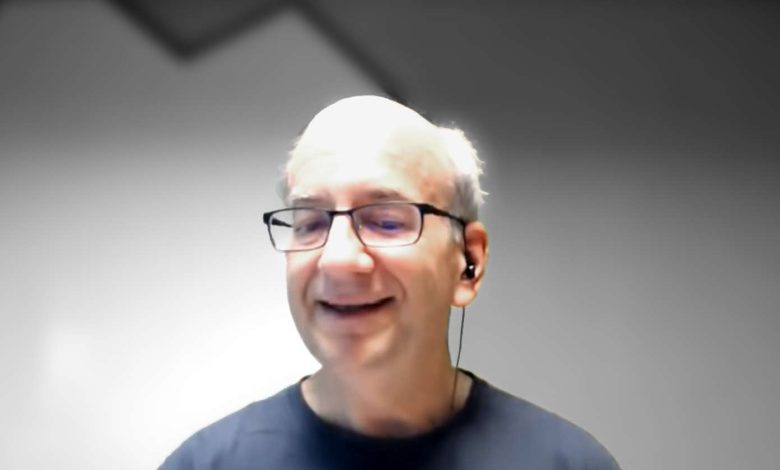
In a recent discussion, Google’s John Mueller addressed an unusual scenario involving a website that, despite having no notifications of a manual penalty, cannot rank for its own brand name or even a snippet from its homepage.
Mueller reviewed the situation and decided to escalate the issue internally, noting that the site’s ranking delay was unusual. This problem is reminiscent of a persistent issue where domains retain penalties from previous owners, affecting new owners years later.
### Problem Overview
The site in question has not received any manual penalty notifications, which raises questions about why it struggles to rank for its own brand or content snippets. Over three years, the site gained numerous natural links due to its popularity, but these haven’t helped its ranking. Attempts to remedy this by disavowing old inbound links have been unsuccessful.
#### Site Owner’s Experience
The site owner explained they acquired the domain three years ago for their brand, Girlfriend Collective, a clothing company on Shopify. Despite no warnings from webmaster tools, their website doesn’t rank well for branded searches.
John Mueller offered to investigate the situation further, acknowledging that the past misuse of the domain might be affecting its current performance.
### Domain History Concerns
The domain’s history reveals potential issues: previously, it was linked to adult sites and later appeared as a parked domain displaying ads. Such a background makes the domain a candidate for longstanding penalties, potentially explaining current ranking difficulties.
#### Legacy Domain Penalties
Such penalties aren’t unprecedented. For instance, ZDNet faced a similar issue when they acquired a domain previously used by spammers. The domain’s problematic backlinks revealed its history, which adversely affected ZDNet’s ranking in Google until they rectified the issue.
### Optimization and Search Queries
Mueller suggested the owner check the site’s optimization, but noted the search query “Girlfriend Collective” isn’t generic, implying other issues might be at play. Reviews of the site revealed the brand name wasn’t present in visible text, a notable oversight in site optimization.
##### Content Visibility Discrepancies
Testing revealed that Girlfriend.com doesn’t rank for phrases from its content in Google, although it does appear on Bing. This suggests that Google-specific problems, possibly linked to past penalties, are preventing the domain from ranking.
### Conclusion
Girlfriend.com might be affected by a legacy Google penalty due to its historical use, hindering its ranking capabilities. While parked domains generally don’t rank, past misuse as an adult site or a domain monetized solely with ads could have triggered a lasting penalty.
For site owners facing similar issues, investigating a domain’s history using resources like Archive.org is crucial. Unfortunately, Google doesn’t provide a straightforward means to resolve legacy penalty issues.
### Example from Bing
The domain ranks well on Bing, which could indicate that the issue is specific to Google’s algorithm, supporting the theory of a historical penalty.
### Future Considerations
John Mueller has committed to reviewing the issue further, suggesting internal investigations might lead to adjustments. This case highlights the need for awareness of legacy domain penalties and the importance of domain history research before acquisition.
Such discussions and examinations may pave the way for better understanding and handling of these unique SEO challenges in the future.


